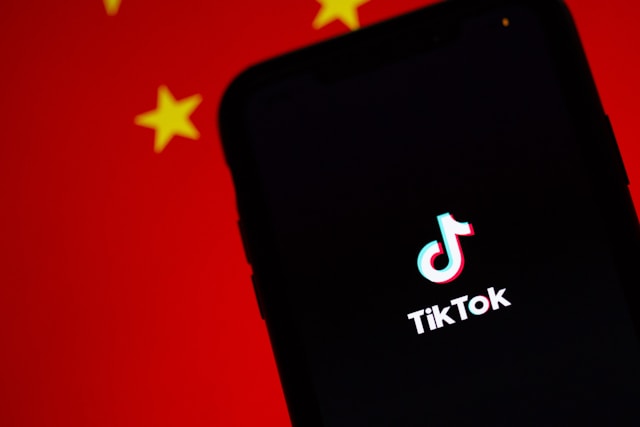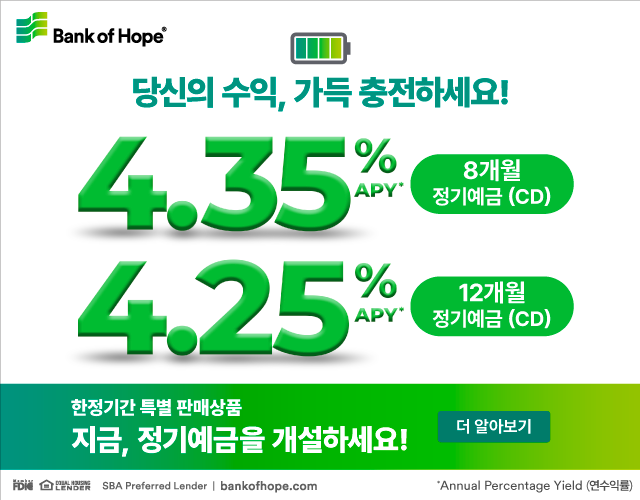
Editor’s Note:This piece offers a well-rounded analysis of TikTok’s uncertain future and its potential impact on law, culture, and global tech policy.
As the June 19th deadline approaches, the fate of TikTok in the United States hangs unknown. The platform, which has over 170 million American users, faces a potential nationwide ban unless its Chinese parent company, ByteDance, divests its U.S. operations to a non-Chinese entity.

TikTok’s Influence on the Social Media Platform
TikTok is one of the most famous social media platforms currently in use, with users around the world using it. TikTok has dramatically impacted the social media industry by transforming how content is created, consumed, and distributed, and it has also influenced advertising practices. The platform’s unique algorithm and user-generated content focus have led to a shift in content formats, with short-form videos becoming increasingly popular on other platforms as well. TikTok’s popularity has also driven the rise of influencer marketing and viral trends, encouraging everyone to keep up with trends and follow ideas. It also impacts how businesses engage with consumers throughout the whole world. It has a huge role in all age groups, from teenagers to adults.
Legal and Political Landscape
The legal foundation for the potential ban was solidified earlier this year when the U.S. Supreme Court upheld PAFACA, rejecting challenges from TikTok and ByteDance. The Court ruled that the law does not infringe upon First Amendment rights, affirming the government’s authority to regulate apps deemed national security threats. In response, President Donald Trump extended the divestment deadline to June 19, 2025, marking the third extension since he took office in January. During an NBC News interview in May, Trump said he would extend the deadline a third time due to an unanswered deal. He also added that he had grown a need for TikTok, extending the deadline again, if needed. It has already passed 135 days after the deadline of the law. It remains unclear, however, how many times Trump can push back the deadline.
Negotiations for a potential sale have been ongoing but have not come to a firm agreement. ByteDance has expressed willingness to divest, but Chinese approval remains a significant hurdle, especially amid heightened U.S.-China trade tensions. Notably, discussions have included potential investors such as conservative commentator Tucker Carlson and investment firms like Andreessen Horowitz and Blackstone.
Public Opinion and Market Impact
Public sentiment regarding a TikTok ban has shifted over time. A Pew Research Center survey indicates that support for a ban has decreased to 34%, down from 50% in March 2023. Conversely, 32% oppose the ban, and 33% remain undecided. This change reflects a growing concern over free speech and data privacy, with many users questioning the necessity of a ban.
Alternative platforms are poised to absorb TikTok’s user base. YouTube, Instagram, and YouTube Shorts are among the frontrunners, with 46% of users planning to increase engagement on YouTube. This migration underscores the adaptability of digital consumers and the competitive nature of social media platforms. This helps shift users from TikTok to other types of social media platforms to lessen the effect of loss of users in social media according to potential TikTok’s ban.
Economic and Cultural Implications
The economic ramifications of a TikTok ban are profound. The platform serves as a significant revenue stream for content creators, advertisers, and businesses. A disruption could lead to financial instability for many who rely on TikTok for income and exposure. Additionally, the cultural impact is notable, as TikTok has been a catalyst for viral trends, music promotion, and grassroots movements.
In response to the potential ban, some stakeholders are exploring alternative avenues. For instance, Adam Foroughi, CEO of AppLovin, has made an unexpected bid to acquire TikTok’s international operations. Foroughi’s proposal aims to address national security concerns by integrating AppLovin’s monetization technology and improving data practices.
Looking Forward
As the June 19 deadline approaches, the situation remains undecided. The outcome will depend on the resolution of ongoing negotiations, political considerations, and public opinion. The decision will not only determine TikTok’s future in the U.S. but also set a precedent for how the government regulates foreign-owned digital platforms. Stakeholders across the political spectrum, including President Trump, have expressed a desire to keep TikTok operational, recognizing its value as a communication tool and its popularity among younger voters.
In the coming weeks, all eyes will be on Washington, D.C., as the deadline approaches. The resolution of this issue will have lasting implications for digital media, international relations, and the intersection of technology and governance. As noted, TikTok has a major impact on the social media industry. Getting rid of it will cause a huge disruption in the social media platform. On the other hand, if TikTok is kept in the U.S., there will be more decisions to be made.
The famous platform, TikTok, controlled by ByteDance, still hasn’t reached a decision on divesting its U.S. operations. The ban on TikTok is still uncertain, as there is no decision currently until June 19th.
<Student Reporter Jacob Lee>Village Christian School jacobbest2011@gmail.coml







